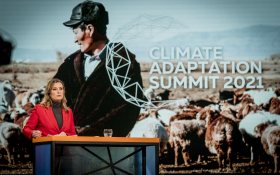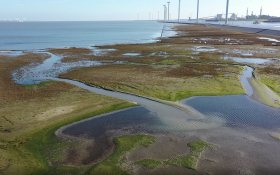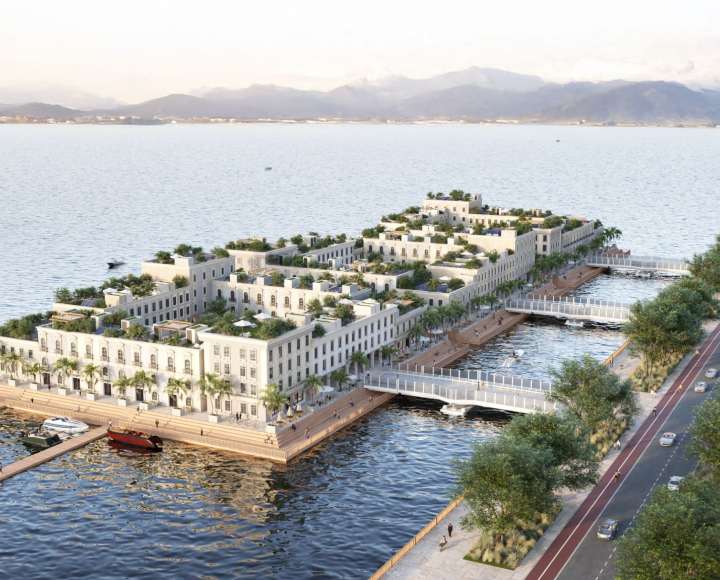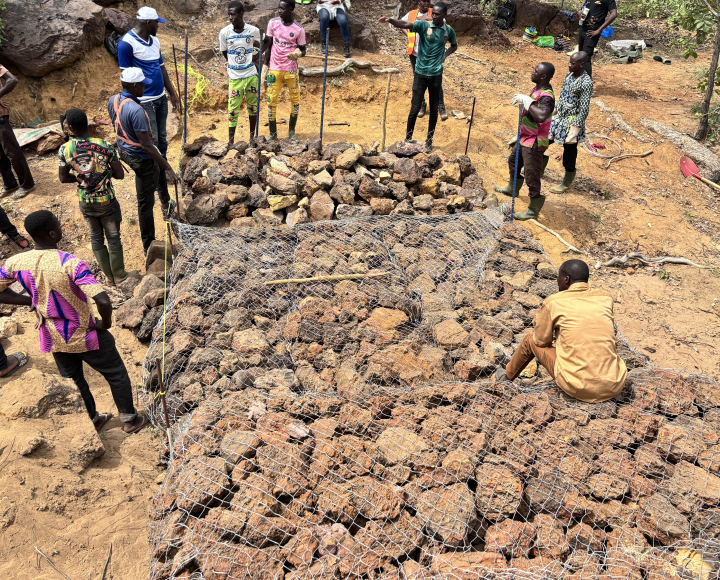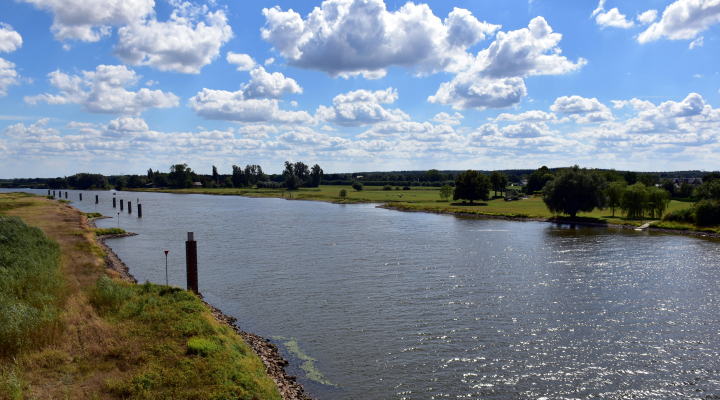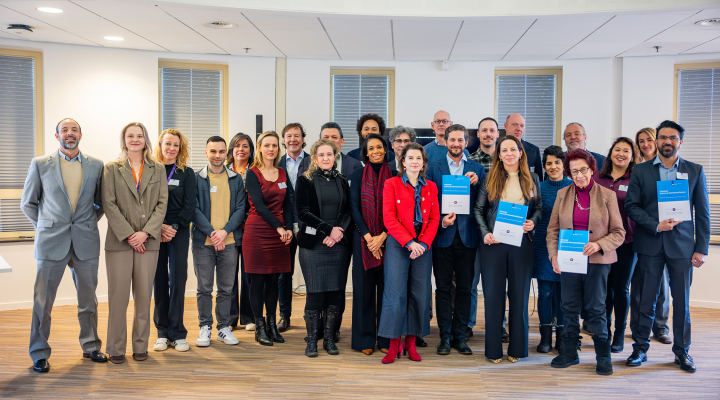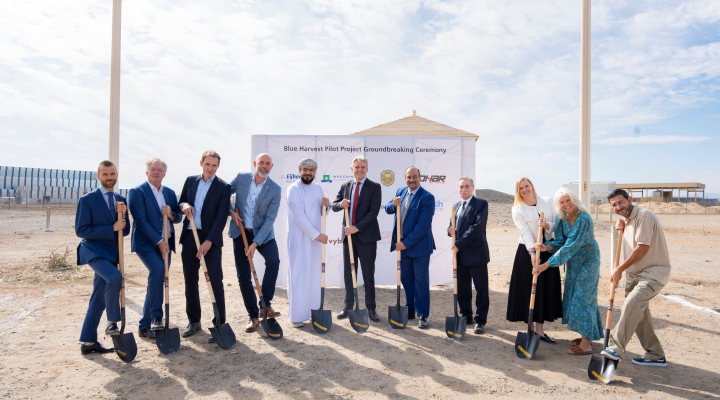Road to CAS (2): Nature-based climate adaptation begins in local communities
‘For too long the world has been sceptical about the wisdom of indigenous people. It is time to start using their knowledge of nature’, said Hindou Oumarou Ibrahim of the Indigenous Peoples of Africa Co-ordinating Committee during the online webinar Road to CAS on 23 October.
Ibrahim suggested to put local communities in the driver's seat when it comes to climate adaptation. ‘My people in Chad are at the frontier of climate change right now. Crops are lost, forests disappear and water resources dry up. Covid is worsening the situation. We need to build resiliency now’, she said.
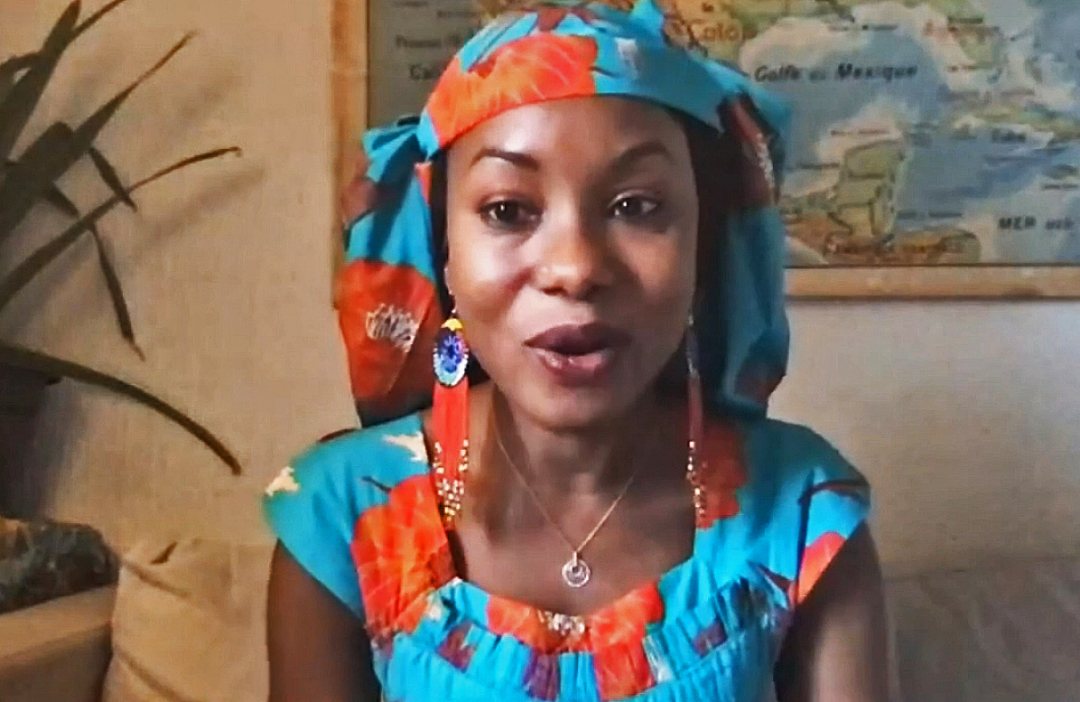

Call for acceleration
Hindou Oumarou Ibrahim spoke at the session that had been organised by the global network Partners for Resilience as part of a run up to the global Climate Adaptation Summit that is organised by the Dutch government on 25 January 2020.
Therefore, all participants were welcomed by Dutch minister Cora van Nieuwenhuizen of Infrastructure and Water Management. In her opening speech she urged to act now. ‘The Covid-19 crises shows how vulnerable we are. How unprepared we are when a pandemic catches us by surprise. But climate change is no surprise. The effects are apparent here and now: droughts, floods, heavy storms, rising temperatures and rising sea levels.'
According to minister Van Nieuwenhuizen, we need to cooperate. ‘Let’s join forces around the world. To accelerate adaptation action on a much larger scale than ever before’.
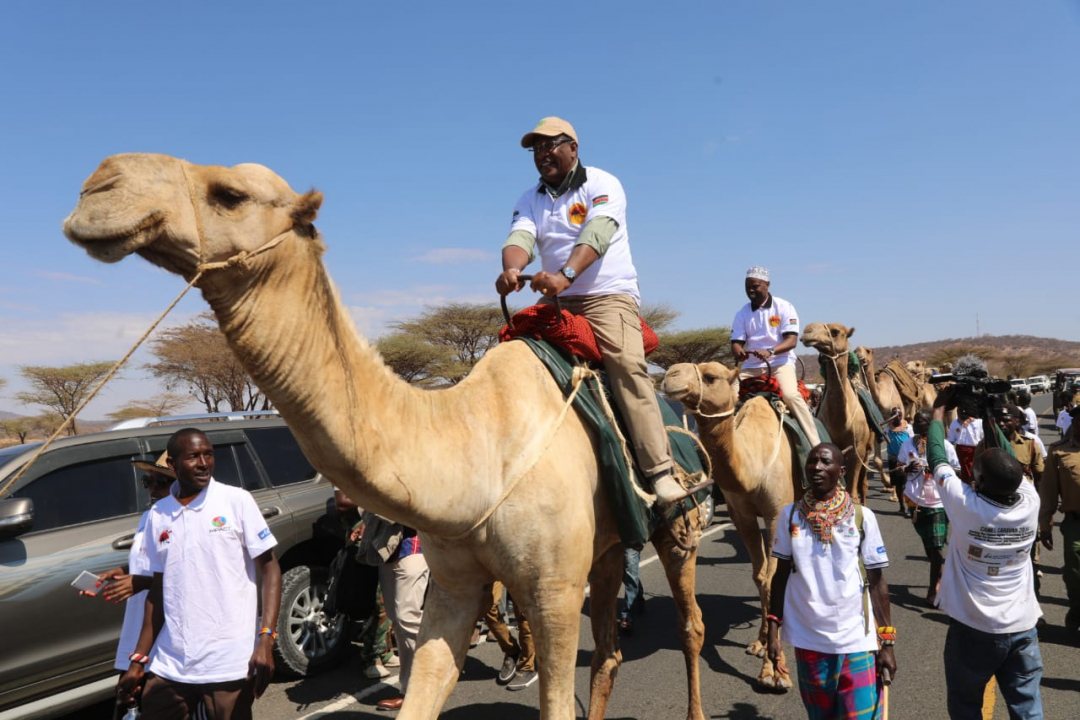

Designing better resiliency projects
The Partners for Resilience session put much emphasize on nature-based climate adaptation and the involvement of local communities. Most speakers connected the global ambition to make the world more climate resilient to local realities and the local knowledge that is already available.
Global Policy Leader Sven Harmeling at the humanitarian organisation CARE International gave examples in Indonesia and Uganda where villagers are not waiting on global climate funding to arrive. ‘The fundings are complex. And of course that has its reasons. I notice support for more direct access by local communities but it is still very far from what we need. Here lies a task for organisations that have access to these funds to channel forward the funds and design their projects with the communities in the driving seat.’
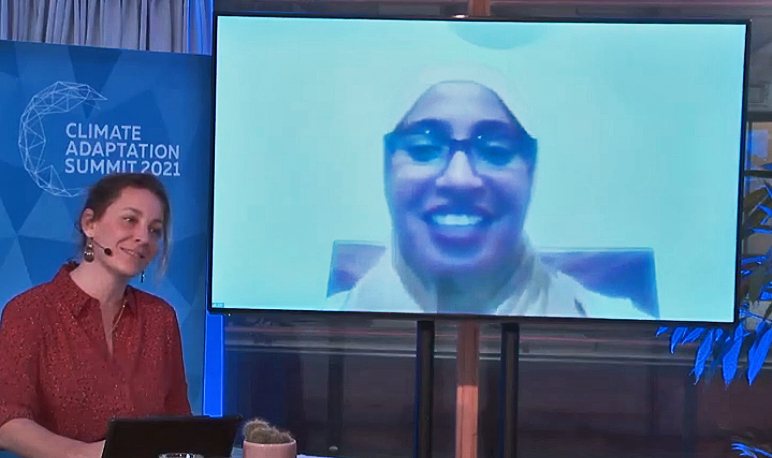

Bring communities to the table
Country coordinator for Kenya, Zeituna Roba Tullu at Partners for Resilience urged communities to come to the table and discuss adaptive strategies that include their own solutions. Tullu mentioned the Partners for Resilience Camel Caravan campaign as a good example. ‘Over the past seven years we have organised a campaign, bringing upstream and downstream communities together. And facilitate dialogue between the communities that depend on the river basin for their livelihoods. ‘
She noticed that the landscape of the basin changes severely when you move from upstream to downstream. ‘The dialogues we organise with the communities create a better understanding of the effects of their activities And with the national government in the centre of it all, it also gives them input to adopt their policies and their strategies to meet with these realities of declining feed stock, declining water resources and put aside funds for priorities on climate adaptation.’
The campaign has shown that marginalized communities need support, as often they lack the courage to come to the meetings. Tullu: ‘It about time that we create safe spaces for them to be able to air their issues.’
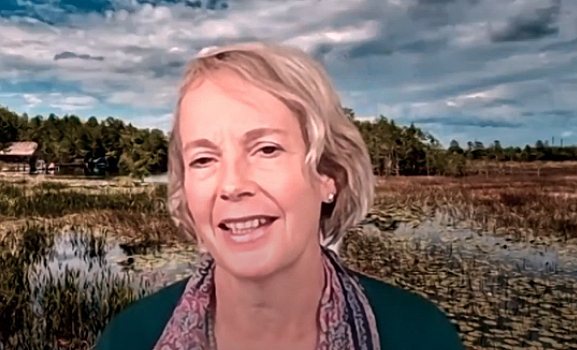

Restoration of landscapes
CEO Jane Madgwick of Wetlands International mentioned landscape restoration as a critical factor. ‘There is a mind-set point to make about climate change’, she noted. ‘We need to realize that even if we are successful in reducing the greenhouse gas emissions we still have the problem of the lost landscape. The loss of ecosystems over the last fifty years is huge. In order to enable resiliency and prosperity, we shall need to put back the fabric of our landscapes.’
‘It is not always clear why communities are facing the risks of flooding or water scarcity’, Madgewick continued. ’Sometimes the causes are not seen as they start far upstream of a river. Landscape recovery is not a luxury at all. It has to be at the heart of the solution. It will demand a rethink of how we pursue climate adaptation action.’
She strongly recommended the integration of land management and water management. ‘Otherwise we will not be successful in greening the areas of desertification. It are the wet areas in the deserts that are the beating hearts of the landscape. And as long as these continue to shrink and their water resources are diverted, it will not be possible to bring resilience to the most vulnerable people.’
Madgwick complimented the efforts by the Partners for Resilience network to bring together pastoralists, farmers and fishermen to create a better understanding of each other’s needs and manage their resources for the common good.
Read more about the series of webinars that prelude on the Climate Adaptation Summit that will take place on 25 January 2021.




